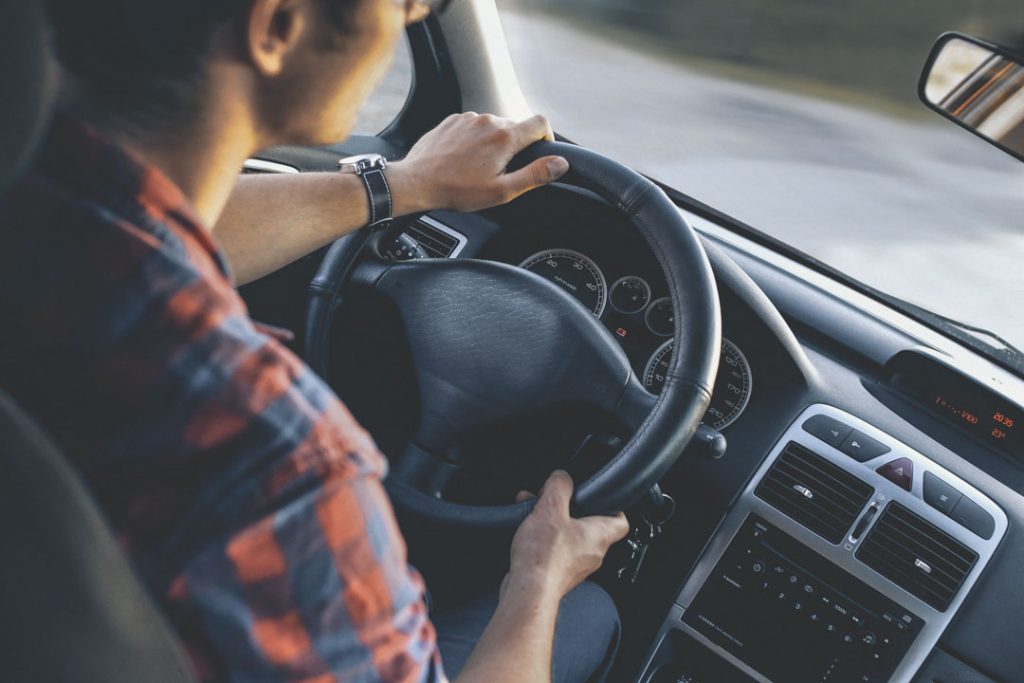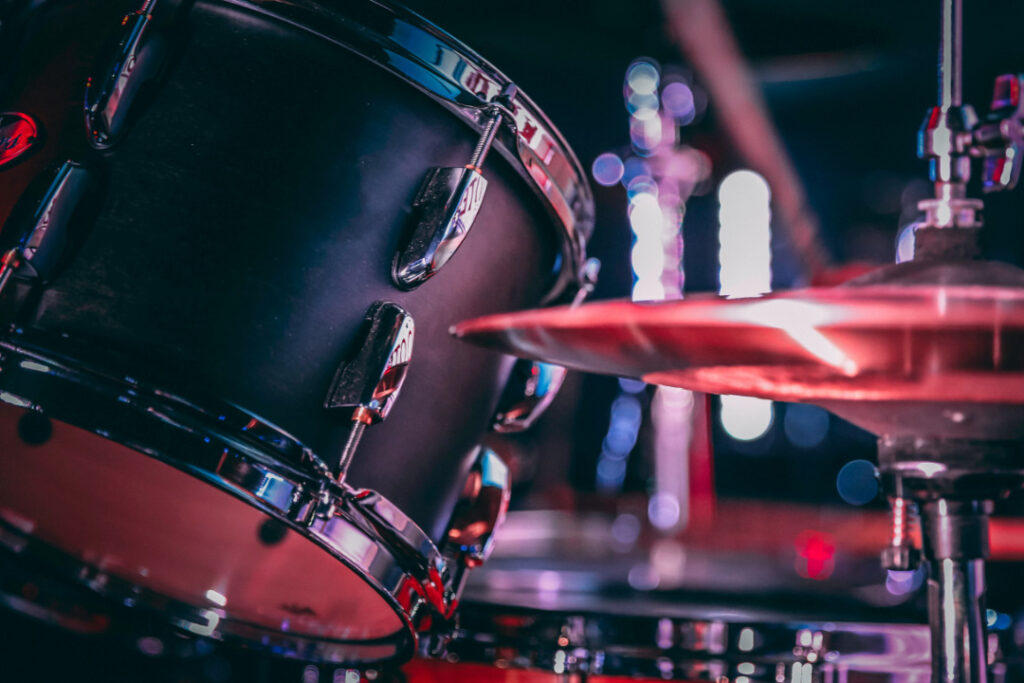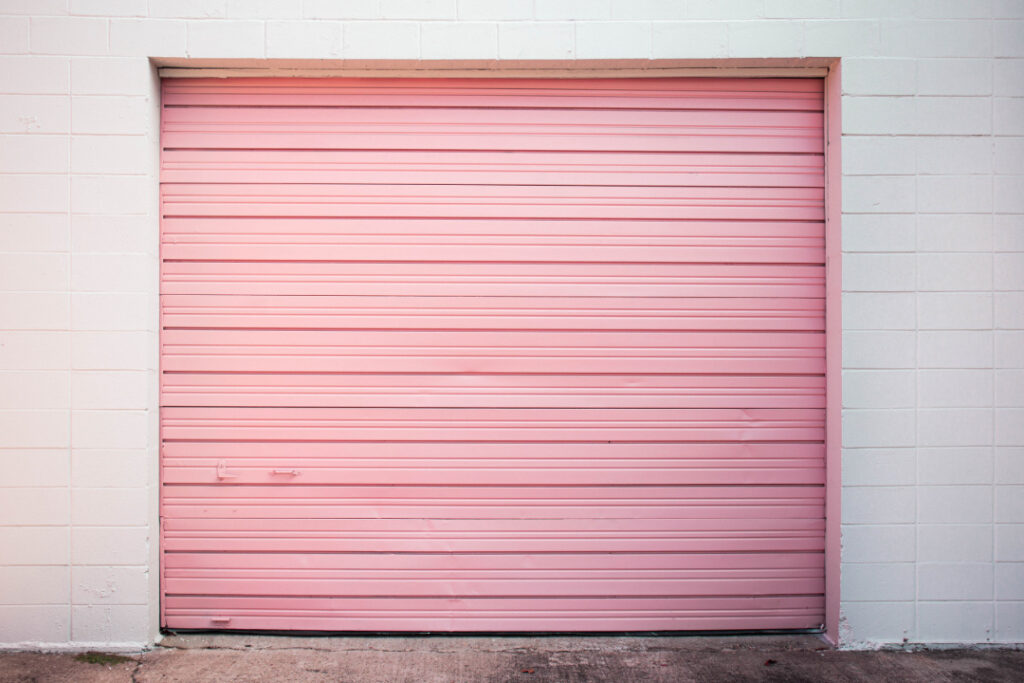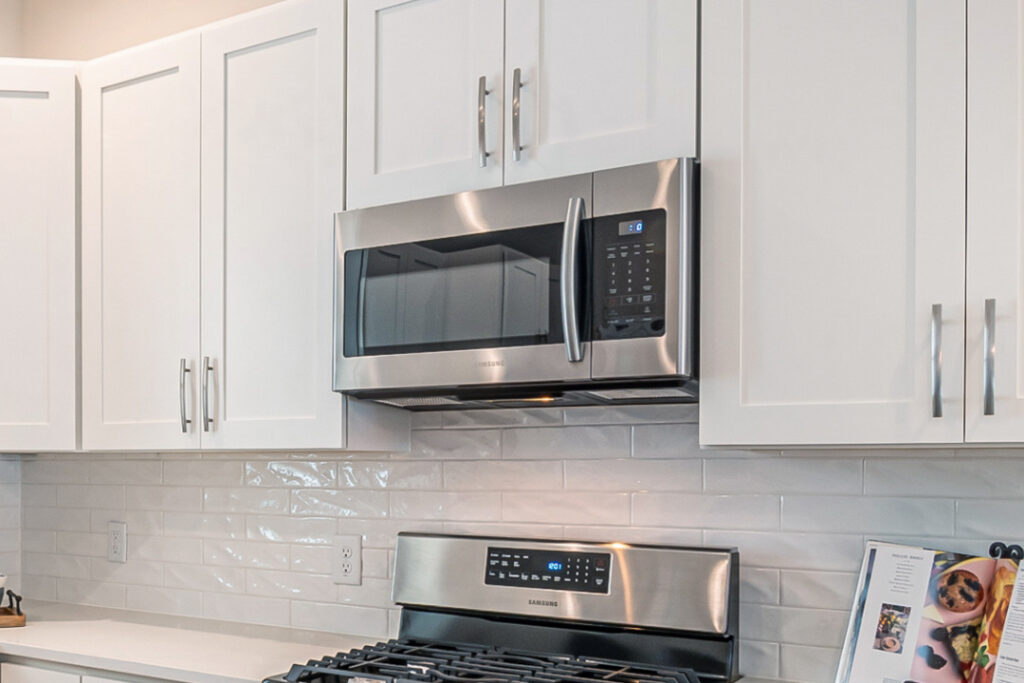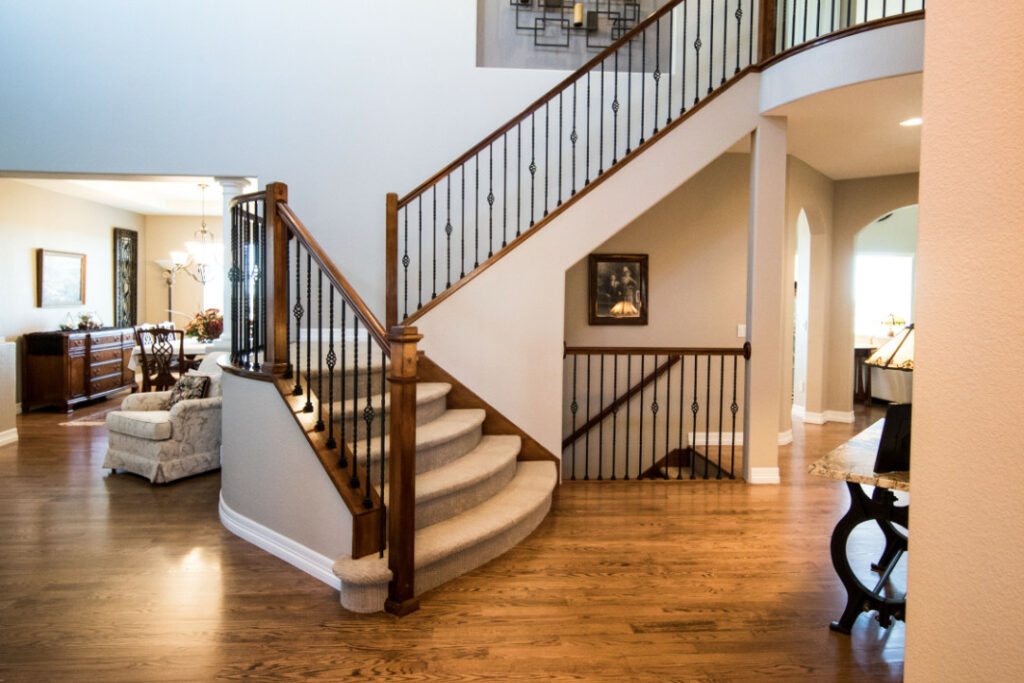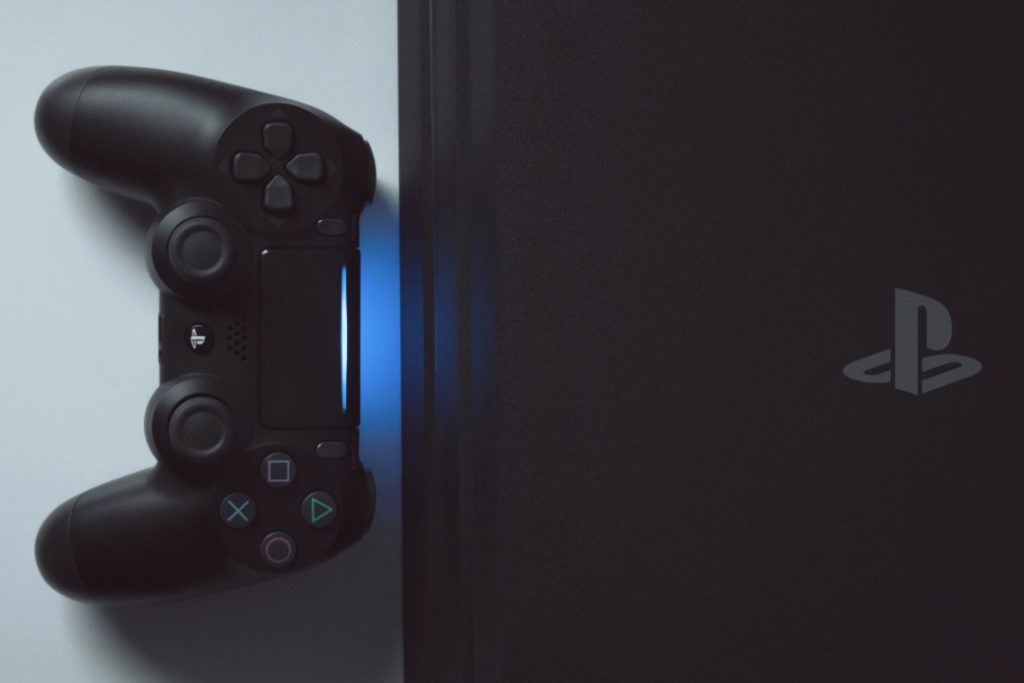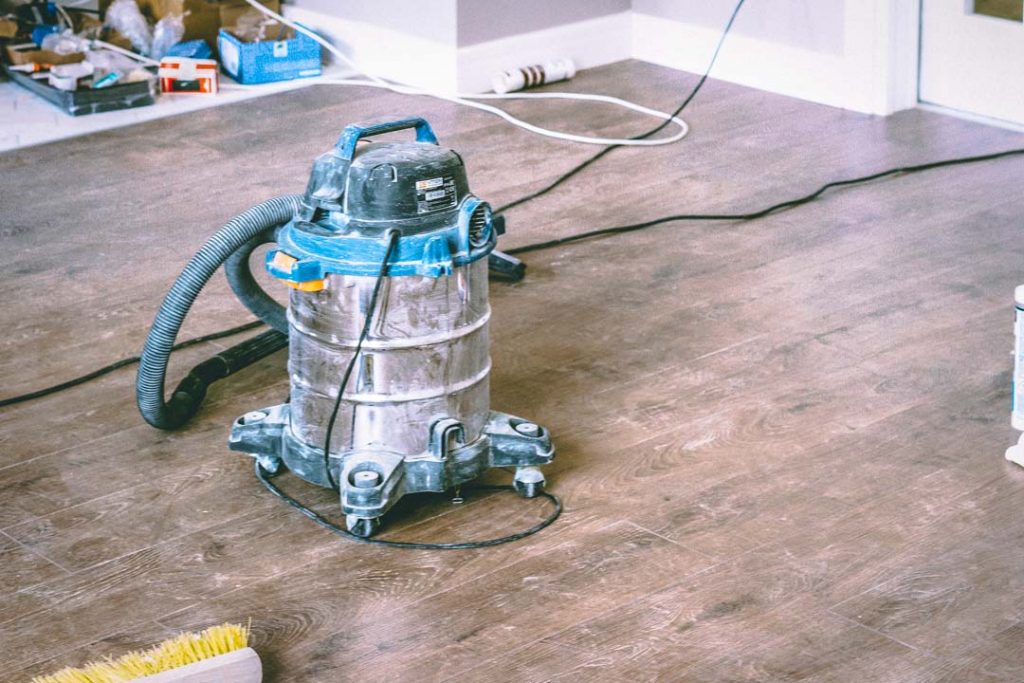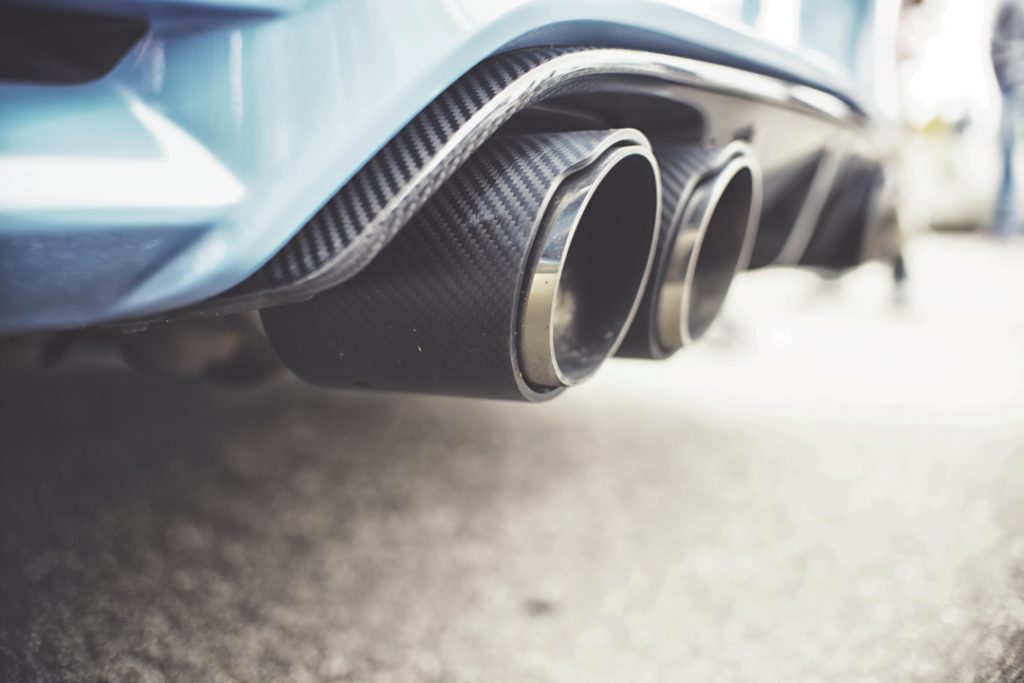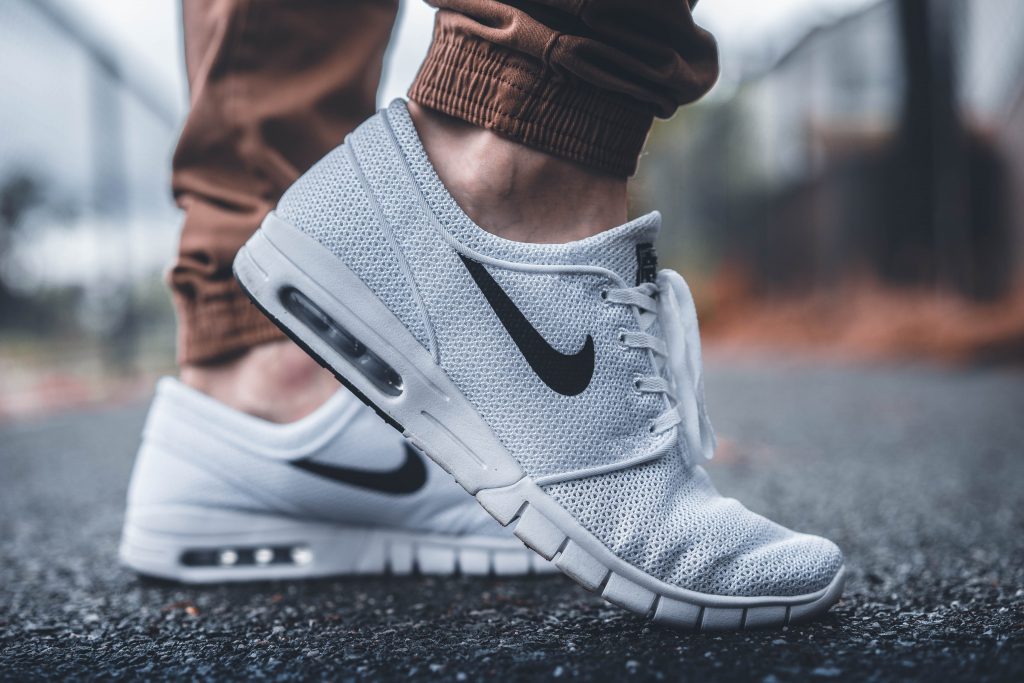Car Squeaks When Turning?
If your car squeaks when it turns or makes a squealing sound when you turn the steering wheel, there are a diversity of causes.
The most likely reasons for a squeaking car are the suspension losing lubrication, low power-steering fluid, and the steering wheel housing rubbing against the interior trim.
Describing How the Car Squeaks
As you’ll see later on, some problems will require a professional mechanic to fix them. They would reach a faster diagnosis if you provided a detailed description of the issue instead of just saying, “my car squeaks.”
So, here are the things you need to describe:
Nature of the sound: squeaking, rattling, whining, or something else.
- When does it appear: only during movement or even by moving the steering when parked
- Does it amplify with steering in a specific direction, left or right?
- Can you locate the exact squeaking source?
Now we’re set to continue with the troubleshooting.
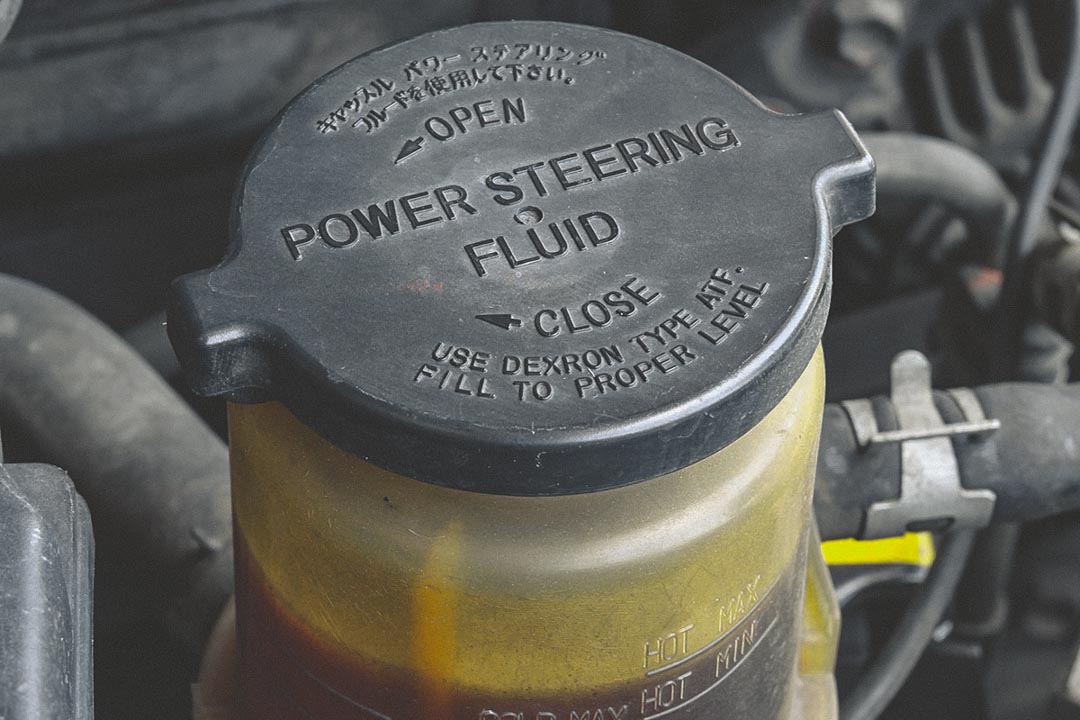
Low Power-Steering Fluid
The most common reason for squeaking when turning is a low level of steering pump fluid used to help the power and lubricate the power-steering system. The squealing noises start to happen as you turn, and the steering wheel is not centered. It may also feel slightly more difficult to turn the wheel, which indicates this is the issue.
You will need to check the steering pump fluid levels and replenish them if necessary with quality steering fluid. Should the fluid be contaminated or dirty, this could also cause issues. If adding steering wheel fluid doesn’t resolve the problem, you should book the car into your local garage.
Power Steering System
The power steering system consists essentially of three parts:
- The pump which is driven by the belt on the front of the motor.
- The steering gear – tie rods connect to the steering gear and the knuckles, where the wheels are attached.
- The Hoses connect to the pump and gear.
As with anything in life, over time, general wear and tear can affect the power steering system’s efficiency. The seals containing the power steering fluid will wear down, causing small leakages, therefore causing the power steering pump to whine and squeal when you turn the wheel.
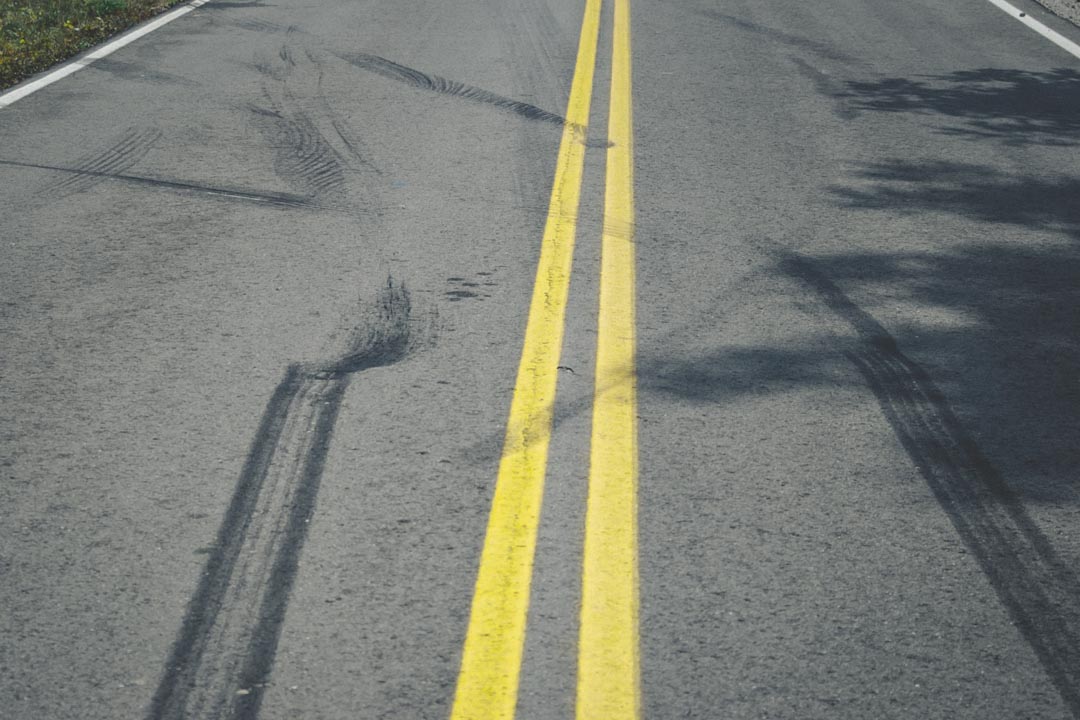
Tires
You will often hear your tires squeal during fast acceleration, braking, and turns. When you speed up quickly, you may hear the tire tread skidding against the road as it tries to gain traction and squeal. Skidding is also the cause of a squeal under hard braking.
When cornering sharply this can also cause the rubber to slide laterally on the road surface, producing a squealing sound.
Some squealing sound doesn’t always mean there’s a problem. For example, turning on a tight radius at low speed, in a parking garage, or on painted surfaces can often causes a squeaky shoe sound.
You can expect tire slippage on such surfaces as they are a lot slicker than conventional asphalt. The sound can also echo and seem much louder in an enclosed space, but it’s harmless noise.
There’s a risk of confusing regular tire squealing with other sounds that indicate significant problems like misalignment or suspension components or worn brake pads.
Here’s a list of potential squealing sound issues and sources.
Worn Tread
Tires near their end of life or tires that have uneven wear will tend to squeal more. If you have uneven tread depths or patterns, you’ll have less road contact and, therefore, grip. So when you take corners, brake or accelerate, your tires will slip more easily, making them squeak. You should check your tires for wear and invest in some new tires.
Turning
Tires slip sideways during a turn to change the direction of the car. There is a transition at higher speeds when there is a difference between the direction of the tires and the direction the vehicle is moving. The car will slide and cause the tires to squeal.
Underinflated Tires
If your tires are underinflated, they will not compensate for the physical forces during a turn. Low pressure causes the sidewalls to flex, losing traction to turn smoothly, and the rubber will slide sideways, causing a squeal. Properly inflated tires will keep their shape, maintaining better contact with the road. You should check your handbook for tire pressure settings and ensure they are correct for your vehicle.
New Tires
If you have just installed new tires, they may squeal for a few miles before they have bedded in. The new tire tread pattern traps more air and grinds against the ground. The tire will start to wear down with use, and after a few days, you should hear fewer squeaks.
Suppose the squealing continues for a more extended period. In that case, this may indicate improperly installed new tires, as they are sometimes susceptible to the same squealing problems older tires face.
Brake Pads
If the brake pad friction surface wears down enough, you’ll eventually hear a squealing noise because the pads or what’s left of them and rotor are making metal-on-metal contact. Another cause of the noise may be warped rotors, meaning the pads cannot evenly contact the rotor surface during braking.
Steering Wheel and Column
Suppose the squeak sounds more like it is coming from inside the vehicle, and the noise is like rubber parts grinding against each other. In that case, it’s probably coming from the steering wheel or the steering wheel column.
Expanded Steering Wheel
Some vehicles have a tiny space between the steering wheel and the interior trim. If you are in a hot weather climate, the material might slightly expand to fill up space causing friction. As a result, the steering wheel will rub against the trim when you turn the steering wheel.
If you can adjust the steering wheel’s placement, moving it slightly away from the trim would eliminate the squeak. Not all vehicles can change the steering wheel. So you could try lubricating the gap between the trim and the steering wheel can help stop the sound.
Lubricant is only a temporary solution to know that you have found the problem. It would be best to look at something more permanent, like reshaping the interior trim behind the wheel. One day, the steering wheel might suddenly get stuck in the middle of the road and be dangerous.
Unlubricated Steering Column
There is a lower dash panel beneath the steering wheel that houses the steering column. If dirt or dust can get in, then in some instances, the column loses its grease and starts rubbing against the housing. Luckily, you can quickly remedy this by applying a lubricant.
Steering Rack and Pinion
The steering rack consists of a gear-shaped part at the end of the steering column called a pinion. When you turn the steering wheel, the pinion rotates and moves a horizontal toothed rack, which in turn drives the tires left and right, turning the car.
If your vehicle is old or has done high mileage, the pinion and rack could be worn down or misaligned. It leads to improper striking between the gear teeth, which produces the squeaks.
A good indication that this is the issue is that you might feel the steering wheel vibration under your hand, especially over uneven surfaces. If this is the case, a worn rack and pinion should be replaced by a professional mechanic.
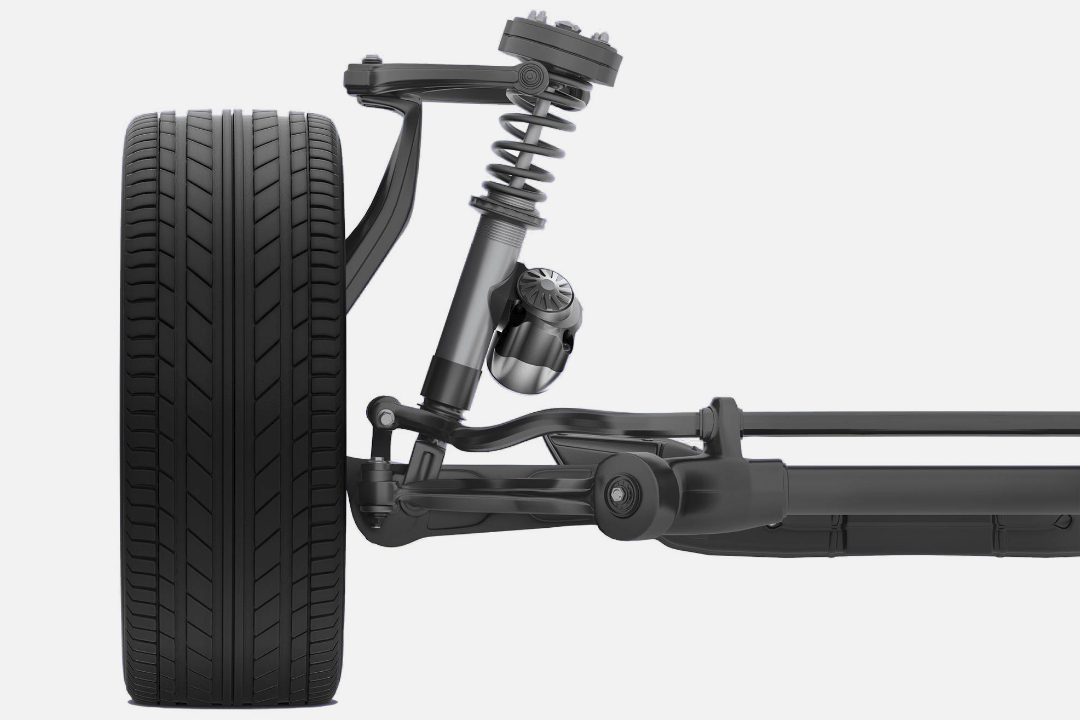
Suspension
Most vehicles are either supported by coil springs, leaf springs, or torsion bars. Each wheel then has a shock absorber to dampen the bumps. Other cars use anti-sway bars in the front and back to improve the handling. The noise might also come from ungreased or torn tie rods, seals, joints, struts within the anti-sway bars.
If there is an issue with the suspension, a good indicator is that your car is pulling to one side while driving. You can check this by pushing down each corner of the vehicle above the wheels to compress the suspension. A failed suspension component will likely squeak as it goes up and down.
Pushing down above each wheel will pinpoint where the noise is coming from, but tracing the squeaking component will require professional help since the suspension is a rather complicated system.
Whatever the cause of the noise, you should never ignore a squeaky suspension as this controls how the car handles corners. If a component fails, the vehicle will become challenging to manage in corners. You might not stop quickly in an emergency, or even worse, the vehicle may roll over if you lose control.
Ball Joints
One way to tell if you have bad ball joints is when a squeaking noise or a clunking metal noise comes from the car’s wheels. Ball joints must be lubricated to keep them moving quietly and smoothly.
Ball joints connect your car’s wheels to the car’s suspension and steering system. A weak ball joint will be noisy, but the severity of this noise can indicate the vehicle is dangerous to drive.
Suppose your car is making squealing noises while pulling to the left or right. In that case, your ball joints should be inspected and repaired by a professional garage.
CV Joints
If you have a squeaking noise when turning at low speeds, it could indicate that your CV joint (sometimes known as universal joint or u-joint but better) needs replacing. CV joints have a rubber boot that is filled with grease and sealed to protect the joint.
If the rubber becomes damaged or cracked, dirt can get in, and the CV joint can become dry, resulting in clicking, crunching, or squealing noise when turning the wheel.
The CV joint helps the drivetrain send power from the transmission to the driveshaft and the wheels. When the severity of this clicking, popping or squealing noise gets louder while turning corners, driving can be dangerous. The CV joint may disintegrate and leave you stranded on the road.
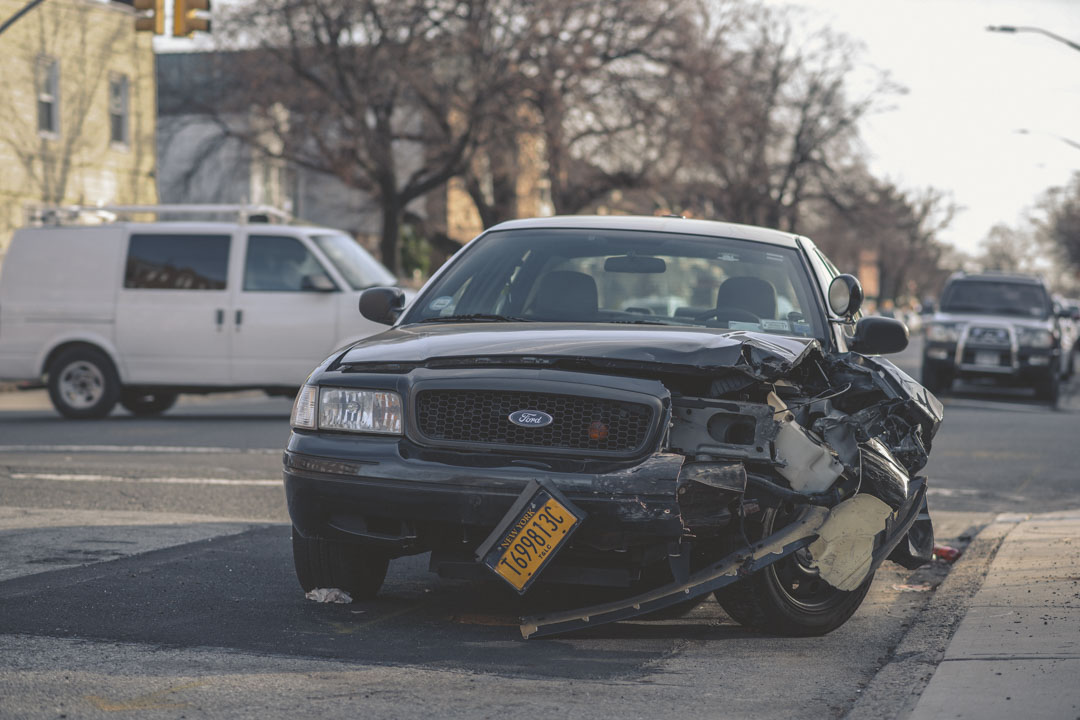
How Dangerous is a Squeak When Turning?
If your car squeaks when turning, it is essential not to leave it. You should try and identify the issue from the list above. If the squeak is due to a bad ball joint or CV joint, it should be taken for repair as soon as possible as you could lose control when driving.
The same is valid for the steering component or suspension problems. You may have difficulty turning the steering wheel, which can cause dangerous and unpredictable conditions.
Get your tire pressure checked first and check the wear of your tires. It would be best if you replaced worn tires as soon as possible as they are your primary contact with the road, and any reduction in grip could put you in danger.
Suspension and chassis noises are an indication of metal parts touching. If the noise starts to get louder, it is possible something is about to break, and you may need a new strut, a bushing, or shock absorbers. If the squeaking noise is due to loose interior or exterior trim, fixing the problem will restore a quiet drive.
Latest Articles
How To Soundproof A Room For Drums?
How To Make A Room Soundproof From Outside Noise
how to make a room soundproof from outside noise. If you live in an apartment…
How To Quiet a Garage Door (6ways)
How To Soundproof A Laundry Room
If you’re like many people, your laundry room is in the basement. And if you’re…
How To Silence A Microwave: A Guide
We’ve all been there. You’re in the middle of microwaving something, and suddenly, you hear…
How To Soundproof Stairs
How to soundproof stairs. You may have heard “soundproofing” before, but what exactly is it?…

